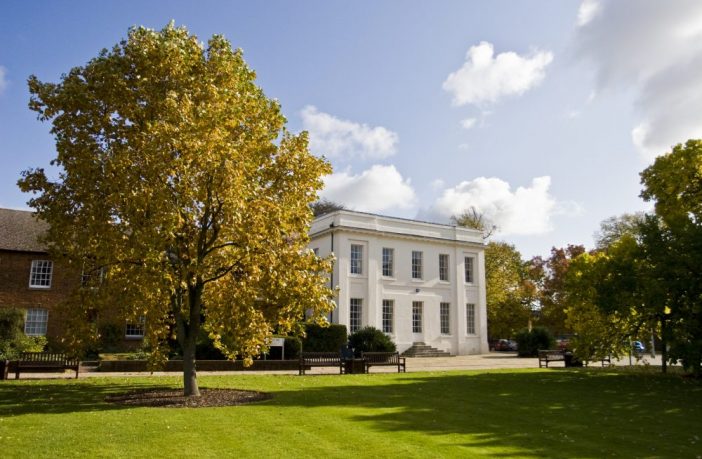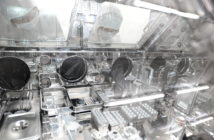An academic from The Open University (OU) has uncovered a potential breakthrough in the prevention of antibiotic resistance in relation to MRSA, and other hospital pathogens, in an unlikely source – a historic brine bath in Droitwich Spa.
Dr Michael Macey, a lecturer at the OU and specialist in extremophiles (organisms that thrive in extreme environments) discovered a unique microbial life potentially residing in the town’s brine and began a study into its capabilities.
Dr Macey’s research usually involves international fieldwork in countries like Iceland, Argentina, India, and Canada. However, he identified Droitwich Spa, Worcestershire, as a unique site of scientific interest, warranting closer examination.
The town’s historic brine, known for its high salt content, presented an ideal environment for studying salt-adapted microbes with potential medical applications.
Antibiotic resistance, a global health crisis on par with climate change, poses severe threats to medical treatments. As common infections become harder to treat due to resistant bacteria, the discovery of new antibiotics has become crucial.
Dr Macey said:
“The discovery of microbes capable of inhibiting MRSA growth is an exciting step forward. It highlights the untapped potential of Droitwich Spa’s salt brines in the fight against antibiotic resistance.”
This project is a collaboration between Dr Macey and Dr John Munnoch at the University of Strathclyde and is part of the Open University’s Open Societal Challenge scheme, created “to enable the widest collaboration of people to come together to address some of society’s greatest issues”.
It came about thanks to the support of Councillor Bob Brookes from Droitwich Spa Town Council, a long-time advocate for Droitwich’s brine heritage, who was instrumental in reviving salt production in the town after a 100-year break.
He gave access to Dr Macey’s team in October last year to collect brine samples, with support from Churchfields, the Droitwich salt manufacturer.
The research has since yielded significant findings, including DNA sequencing data revealing the microbial life in the brine.
In March 2024, Dr Mara Leite, Project Officer at the OU, isolated three strains of salt-adapted microbes from the brine.
Remarkably, these strains were able to inhibit the growth of various hospital-associated pathogens, including MRSA. Laboratory tests show MRSA being killed off by these “good” microbes, highlighting their potential to produce new antibiotics.
Dr Leite said:
“The results suggest that exploring the microbial diversity of extreme environments is indeed a promising approach to discovering antimicrobial compounds. The harsh conditions of these environments can drive the evolution of unique antibiotics that have yet to be identified.”
The research team is now focused on identifying the specific genes and chemicals responsible for this antibacterial activity. While much work remains, these early results suggest that Droitwich Spa’s brine could play a key role in developing powerful new antibiotics to combat resistant infections.



